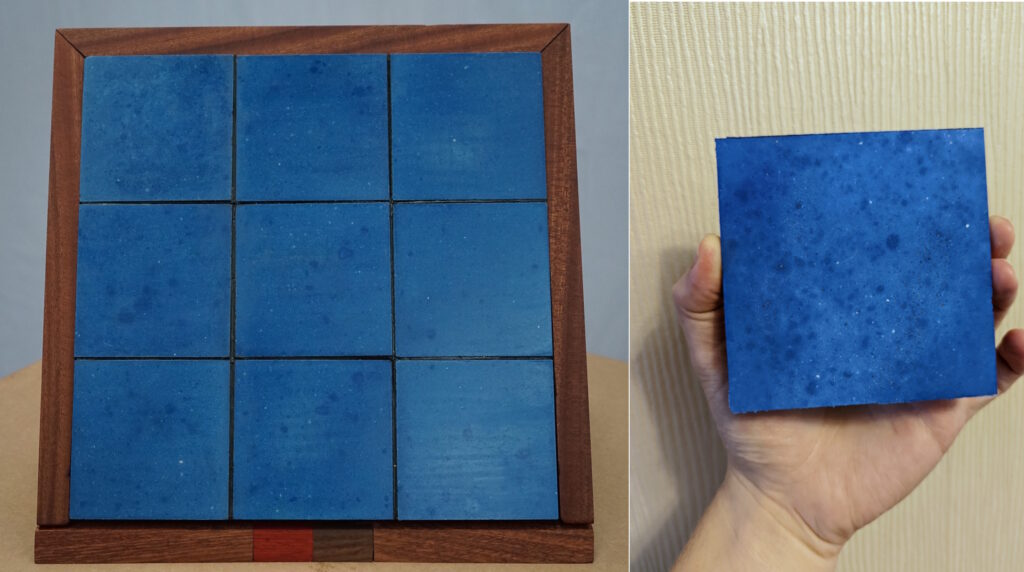Completed: Developing biocomposite materials as low-carbon alternatives to ceramic tiles
In collaboration with Deakin Biohybrid
The project focussed on formulation and process optimisation to develop and improve the performance of low-carbon, bio-based alternative to ceramic tiles. Optimised tiles displayed improved mechanical properties giving flexural strength up to 25 MPa, in excess of our initial target of 12 MPa. The methodology concentrated on an iterative statistical Design of Experiments (DoE) which allowed quick and efficient exploration of the complex parameter space and screening of a wide range of additives (27 in total) at various concentrations. Our products now exceed minimum performance requirements in terms of flexural strength (12 MPa) as outlined in active standard EN14411 which has enabled Deakinbio to switch from R&D to small-scale commercial production – a significant milestone for an early-stage startup


Dr. Alessia Andrews
University of Manchester
Published: October 28th, 2022
Posted in
projects





